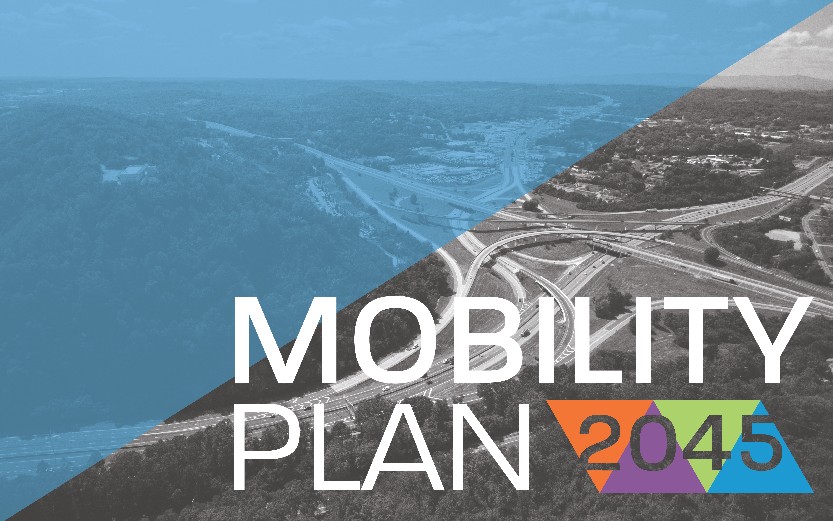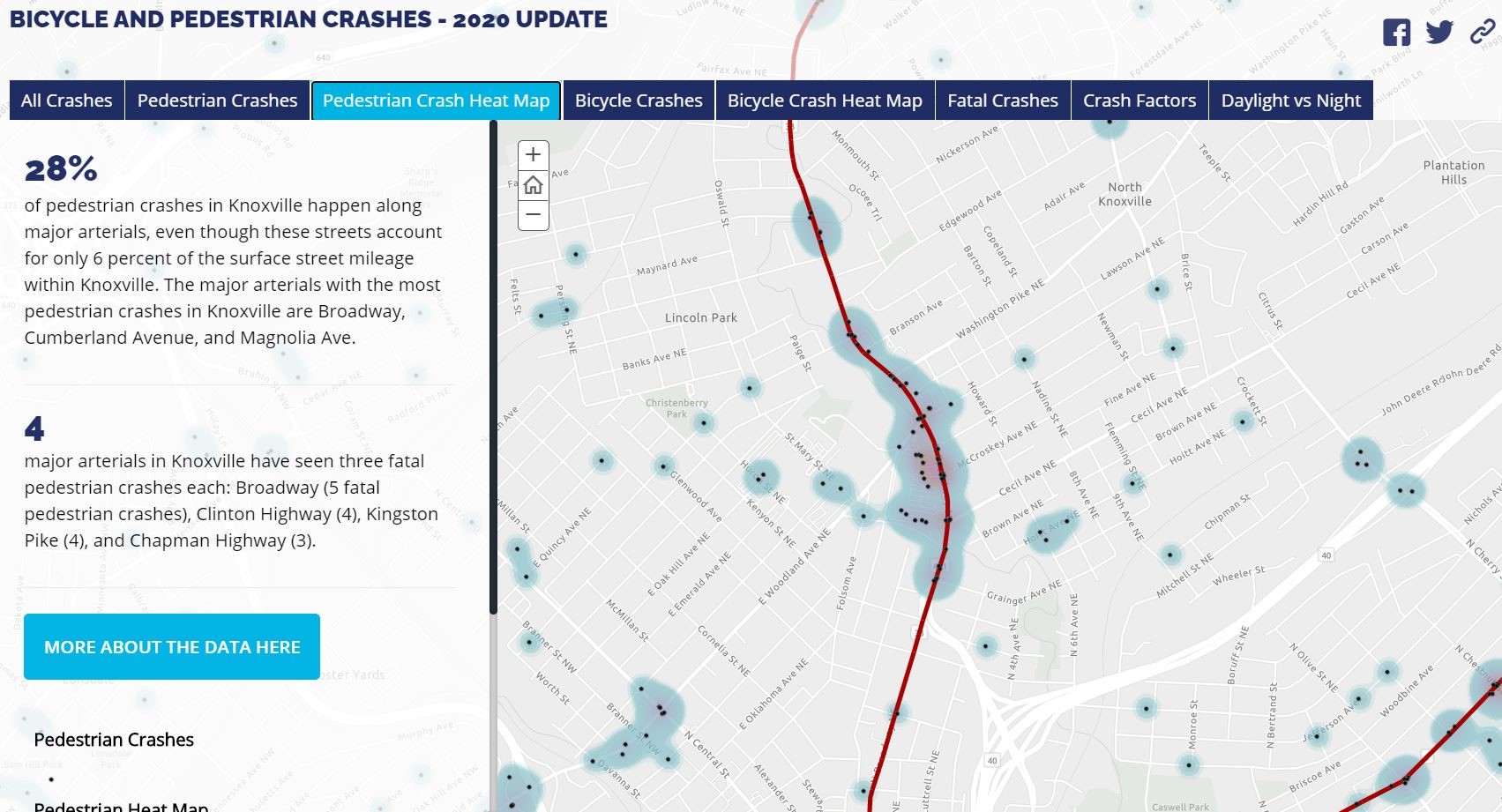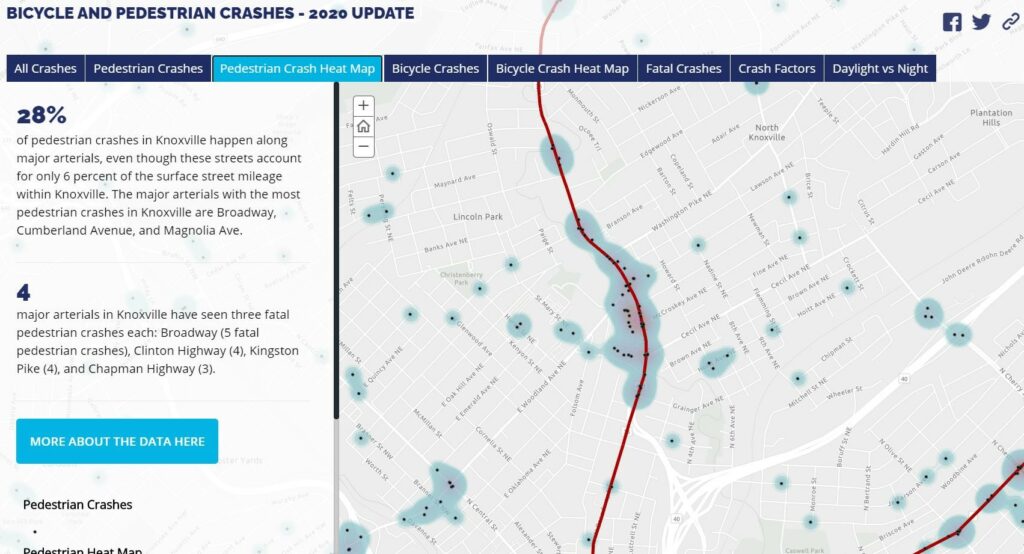Mobility Plan 2045 is the region’s long-range transportation plan that will guide investments and shape the future of our region for the next 25 years. The plan is updated every four years to account for changes in community and regional priorities, technology, project costs, and available funding. It allows federal money to be used for transportation projects and ensures that we’re making the best long-term decisions for our residents, employers, and visitors.
The plan tries to determine the best ways to continue building prosperity and maintaining a high quality of life for all those in our region. To do this, we must find ways to make our transportation system safer and more efficient, improve the health of our residents and reduce air pollution, improve links among transportation, infrastructure and development, and provide equal access to benefits and opportunities. Digging into these issues allows us to prioritize transportation projects that accommodate all modes with a variety of different project types.
Last fall, local jurisdictions submitted applications for all potential transportation projects to be included in Mobility Plan 2045. Projects were selected and prioritized after consideration of both technical analysis and public input. The TPO has released a draft of Mobility Plan 2045 and an accompanying project list for a final round of community input. Comments will be accepted through April 7.
The draft plan is available at knoxmobility.org and the interactive map can be found at maps.knoxmpc.org/app/mobility. The map allows users to zoom in to any county within the TPO planning area and filter projects by mode to see those directly affecting them. It also allows users to submit comments on projects straight from the map.
To provide more information about the draft plan, and to give community members an opportunity to speak to staff about specific topics and projects, a series of virtual meetings has been scheduled throughout the month of March. Transportation Tuesdays will be hosted during lunch for three Tuesdays in the month, and each will focus on a different theme relating to the plan. There will also be two Virtual Town Hall events held at the end of the month. These will allow participants to move into breakout rooms organized by county to find out more about specific projects that are important to them. Finally, the regularly scheduled TPO Technical Committee and Executive Board Meetings will be open to the public.
Transportation Tuesdays:
Tuesday, March 9, 12:00 p.m. – Mobility Plan 2045 Overview
Tuesday, March 16, 12:00 p.m. – Bicycle, Pedestrian, and Transit
Tuesday, March 23, 12:00 p.m. – Streets and Highways
Virtual Town Halls:
Thursday, March 25, 12:00 p.m. – County specific project overview
Thursday, March 25, 5:00 p.m. – County specific project overview
Regularly Scheduled Meetings:
Tuesday, March 9, 9:00 a.m. – TPO Technical Committee Meeting
Wednesday, March 24, 9:00 a.m. – TPO Executive Board Meeting
Registration links are available at knoxmobility.org.
Community input helped TPO staff determine the final project list, and staff wants to ensure residents are aware of the final steps of adopting the plan. Once the plan is adopted by the Executive Board, many of these projects will start to move through the development process, but that does not mean that residents have missed their opportunity to make a difference. It is important that community members stay engaged throughout the life a project because their continued input can have a big impact in shaping details of how a project unfolds.




